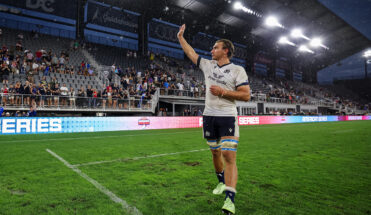Brown makes a case for defence
Vice-captain and hooker Fraser Brown today underscored the need for a monumental defensive effort when Scotland face Ireland in the Guinness Six Nations tomorrow.
Time and time again, set-piece and a robust rear guard are the critical components in modern-day Test match rugby, with the direct and power-play oriented approach of the Irishmen renowned for asking brutal questions of defences, particularly in the close quarters.
Patience is both a virtue and hallmark of Ireland’s modus operandi, and one which Scotland will have to meet head on, exercising the same level of patience and belligerence on the other side of the ball.
It is a requirement that sits well with the low-slung Brown, who is at home at the coal face, making multiple tackles and hunting for ball.
He said: “We know Ireland will hold onto the ball for long periods of time, they’ve probably been the best in the world over the past few years at doing that.
“We’re going to have to defend for long periods so it’s all about pressurising them as much as we can.”
Scotland Hooker Fraser Brown
“Just being able to stay in the game, stay within touching distance, make them work really hard to try and get anything out of it and take opportunities when you get them.
“[We must have] that consistency throughout the game in order to put ourselves in a position to win.”
Head Coach Gregor Townsend named six uncapped players in the wider squad overall, with Edinburgh number 8 Nick Haining earning his debut from the outset in the team named yesterday (Thursday).
New players are accompanied by new coaches Steve Tandy (defence) and Pieter de Villiers (scrum) bringing news ideas and principles to the Scotland way.
“I think the way that Steve [Tandy] and Pieter [de Villiers] have come in and the information and attitude they have brought is excellent,” added Brown, who’ll be three shy of a half-century of Scotland caps come this Saturday.
“Steve’s a really passionate guy around his defence, getting his system over to the players and then allowing us to take in that information.
“[The camp] was a good opportunity because you spend a bit more time together off the pitch than you would do normally, having conversations about what you’re doing in terms of rugby but also just getting to know the guys a bit better.”

Hooker Fraser Brown at the team’s camp in Spain
Related Fanzone
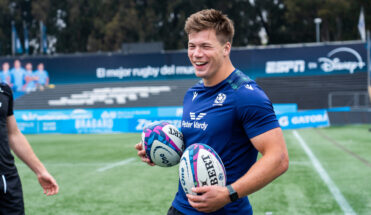
Preview: Uruguay v Scotland
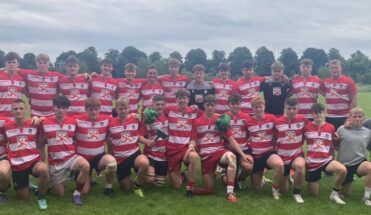
Review: U16 and U18 academy festival at Stirling RFC
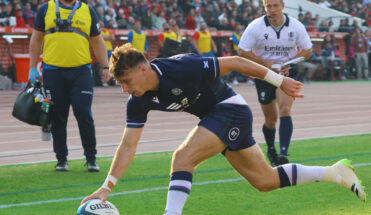

Highlights: Chile 11-52 Scotland
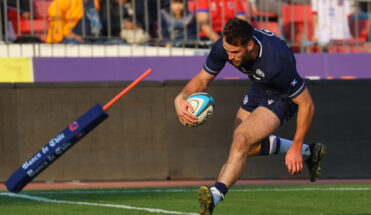
Report: Chile 11-52 Scotland
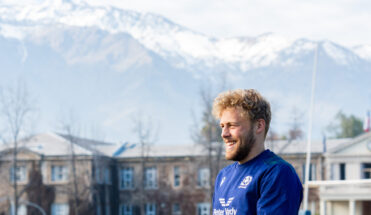
Preview: Chile v Scotland
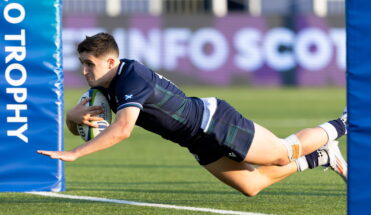

Highlights: Scotland U20 48-10 USA U20
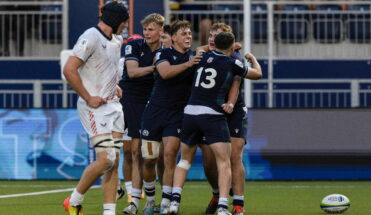
Report: Scotland Men U20 48-10 USA U20
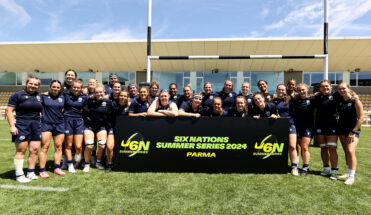

Gallery: Ireland U20 v Scotland Women U20

Match Report: Ireland U20 37 – 7 Scotland Women U20
